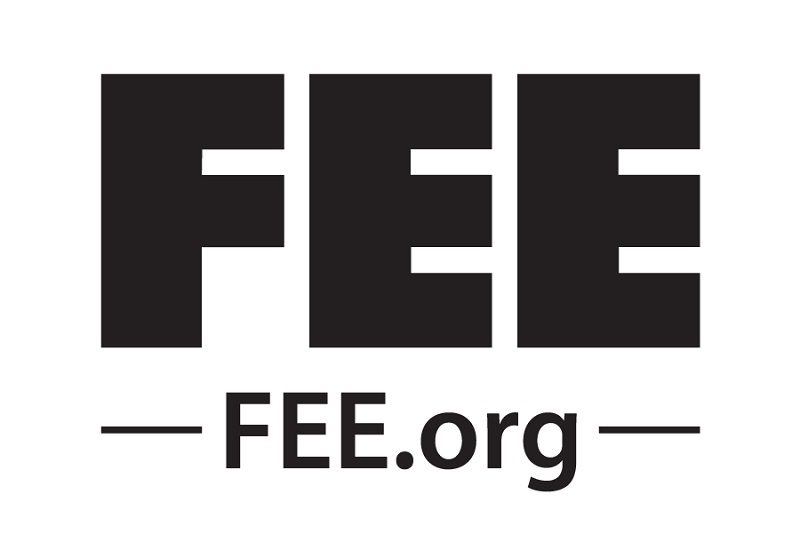This year’s back-to-school season is as uncertain and unsettling as the last. With schools in some parts of the country set to open early next month, the CDC just announced its virus control recommendations which include required masking for unvaccinated students and staff, continued social distancing, and frequent virus testing.
These guidelines were put forth even as new research confirms the minimal risk to children of COVID-19 and explains why places such as the UK are not recommending vaccinating most children under 18 against the disease.
Currently, COVID-19 vaccination is only available for individuals 12 and over in the US, and many parents are choosing not to have their children vaccinated against this virus, which will leave a lot of students wearing masks all day at school and create headaches for school personnel to track who is and who is not allowed to be mask-free.
“If sorting vaccinated and unvaccinated students proves too burdensome, administrators might choose to just keep a masking policy in place for everyone,” the Associated Press reported on Friday. Some school districts, such as Detroit and Philadelphia, have already said masks will be required of all students this academic year, regardless of vaccination status. In other areas, parents are suing school districts over mask-wearing policies. Meanwhile, the country’s largest teachers union is proposing mandatory vaccinations for students.
These school coronavirus policies, along with ongoing battles over K-12 curriculum, are leading more parents than ever to consider new learning models for their kids.
Fortunately, they have options.
In my new, free ebook, The 2021 Curious Parent’s Guide to Education Options, I discuss the education choices available to families. The past year has been eye-opening for many parents. Beginning in the spring of 2020, they saw over Zoom exactly what their children were—or were not— learning, and they felt empowered to investigate other education possibilities.
Frustrated by school reopening delays, teachers union antics, and various virus control measures, many parents decided to take back control of their children’s education from government bureaucrats. Homeschooling numbers soared and public school enrollment plummeted as parents traded education assignments for choices.
Parents recognized, perhaps for the first time, that they have so many options available to them in every other area of their lives and of their parenting; yet, when it comes to educating their kids, they are left with a one-size-fits-all government school assignment. This is no longer tolerable to families who desire much more choice and customization in their children’s learning.
Early signs indicate that many parents will again opt out of their local district school this year and pursue other educational options.
“There are many parents that I know that have made the decision to homeschool within the last year,” said Tiffany Pierce, a parent and educator in Queens, New York City. “During the remote and hybrid school year, parents have noticed how their vision of education did not align with that of the Department of Education, school, or teacher’s vision. Parents were able to see from video learning how their child interacted with content, teacher, and peers,” she told me in a recent interview.
Pierce should know. She has a master’s degree in teaching and has run a daily homeschool micro-learning program for the past couple of years. She saw growing interest from parents who weren’t satisfied with “Zoom school” and wanted a more individualized, in-person learning experience for their children. Pierce adapted her home-based homeschool program to be fully outside in local parks, often with tents, during the entire 2020/2021 academic year. She plans to continue with at least a partial outside classroom going forward due to its positive reception.
“I believe this year and half has shown us all that there needs to be more than just a reform to education,” said Pierce. “There needs to be a conscious elevation and rethink of what is learning, why do we need it, what are the infinite ways that learning can look like.”
Learning pods and microschools like Pierce’s are here to stay, and disruptive innovation in the homeschooling space is just beginning.
Now that many parents have more freedom and flexibility in their own work, they may be able to grant that same freedom and flexibility to their children. More companies are offering remote work options, and more employees are seeking jobs that enable them to work from home.
“Now, as we’re preparing to get back to ‘business as usual,’ it seems professionals don’t want ‘business as usual,’” said Patrick Mullane of Harvard Business School, which published a recent report on remote work attitudes and trends. “Instead, they want flexibility from their employers to allow them to maintain the new work/home balance and productivity they have come to enjoy,” he said.
This newfound work/home flexibility opens up a multitude of education options for families. “Parents are looking for ways for their child to learn that make sense for both child and family,” said Pierce, who is planning to expand and hopefully scale her micro-learning model. She believes that the dominant institutional system of education is incompatible with what many families want—particularly in the wake of a pandemic year that has unbundled work and school from buildings and desks.
“Some families enjoy traveling a lot but if they are a part of the public school system and they miss a certain amount of days, then it can get sticky,” said Pierce. “But traveling for them is learning. Learning is not sitting at a desk. Families want to see themselves and their values reflected in every aspect of their lives and that goes for the learning and education of their children,” she added.
Work and education have changed profoundly over the past year, creating new preferences and possibilities for both. Individual choice and flexibility are replacing forced assignments and rigidity. To learn more about K-12 education choices beyond a local school assignment, click here for your free download of The 2021 Curious Parent’s Guide to Education Options.
Kerry McDonald
Kerry McDonald is a Senior Education Fellow at FEE and author of Unschooled: Raising Curious, Well-Educated Children Outside the Conventional Classroom (Chicago Review Press, 2019). She is also an adjunct scholar at The Cato Institute and a regular Forbes contributor. Kerry has a B.A. in economics from Bowdoin College and an M.Ed. in education policy from Harvard University. She lives in Cambridge, Massachusetts with her husband and four children. You can sign up for her weekly newsletter on parenting and education here.
This article was originally published on FEE.org. Read the original article.
FEE’s mission is to inspire, educate, and connect future leaders with the economic, ethical, and legal principles of a free society. These principles include: individual liberty, free-market economics, entrepreneurship, private property, high moral character, and limited government.




















